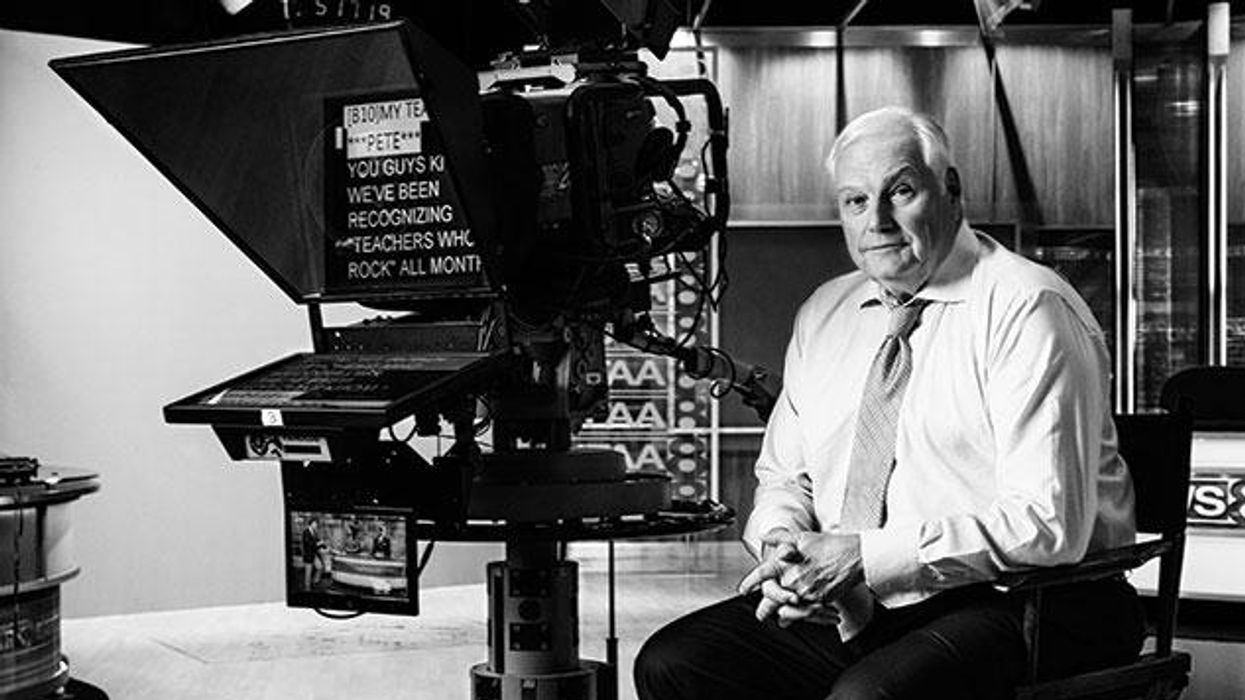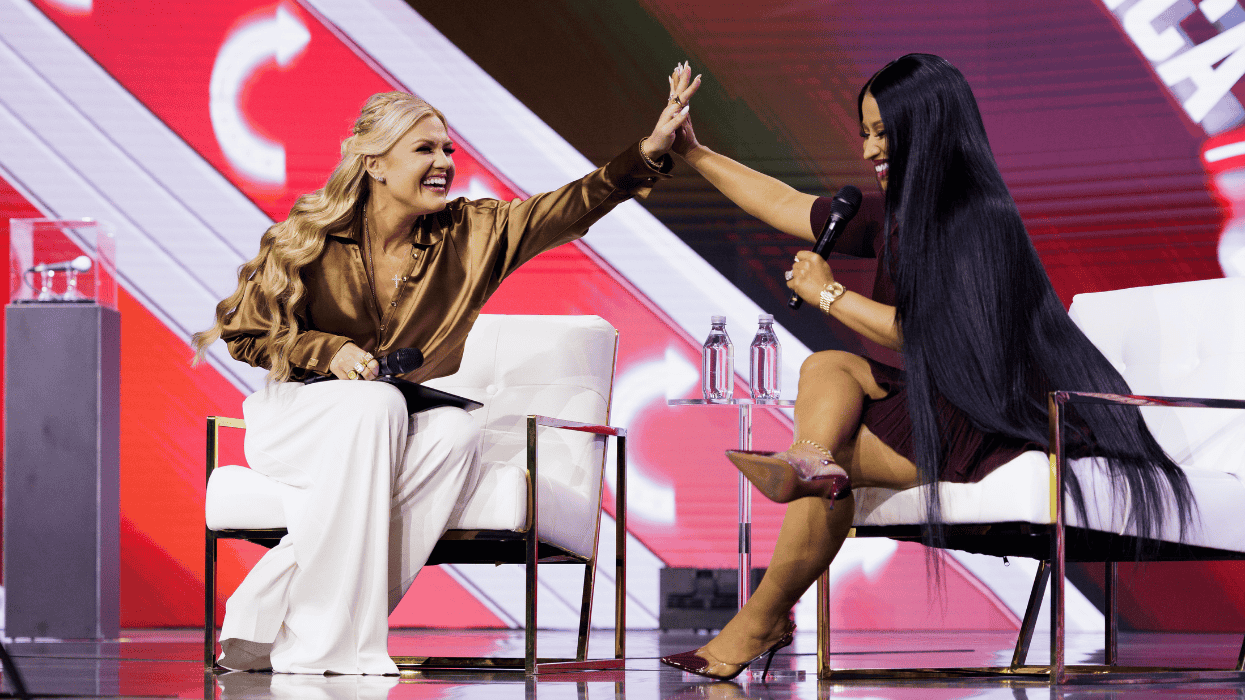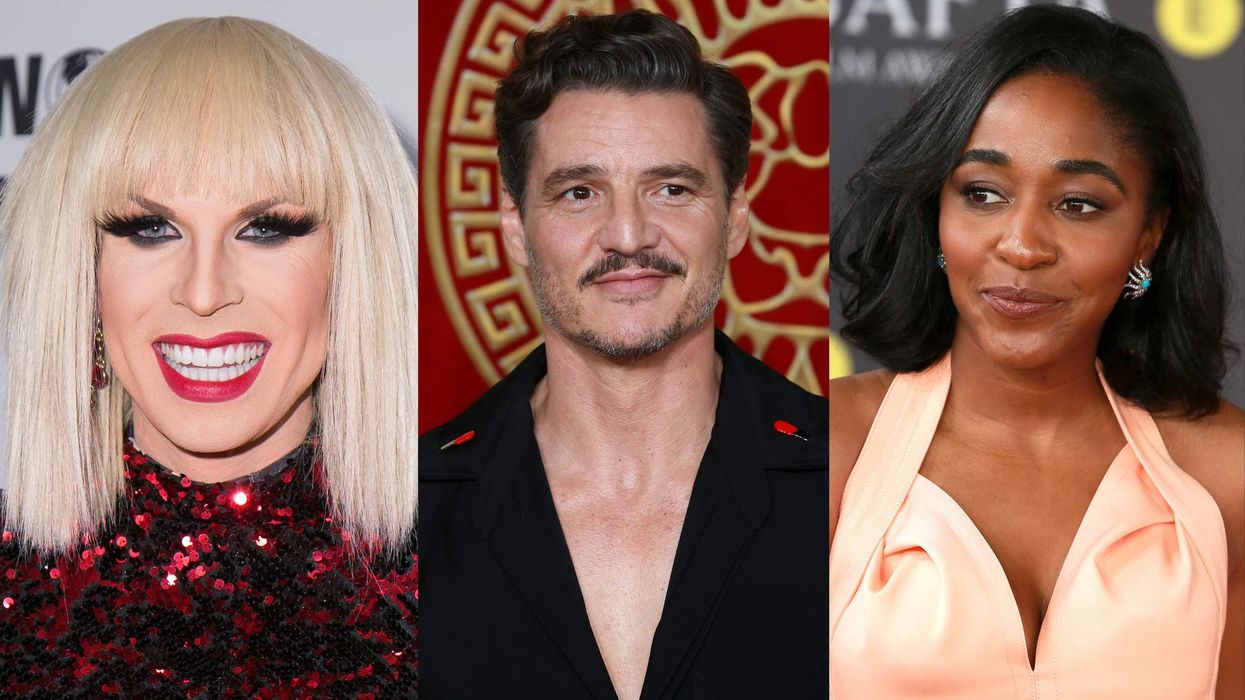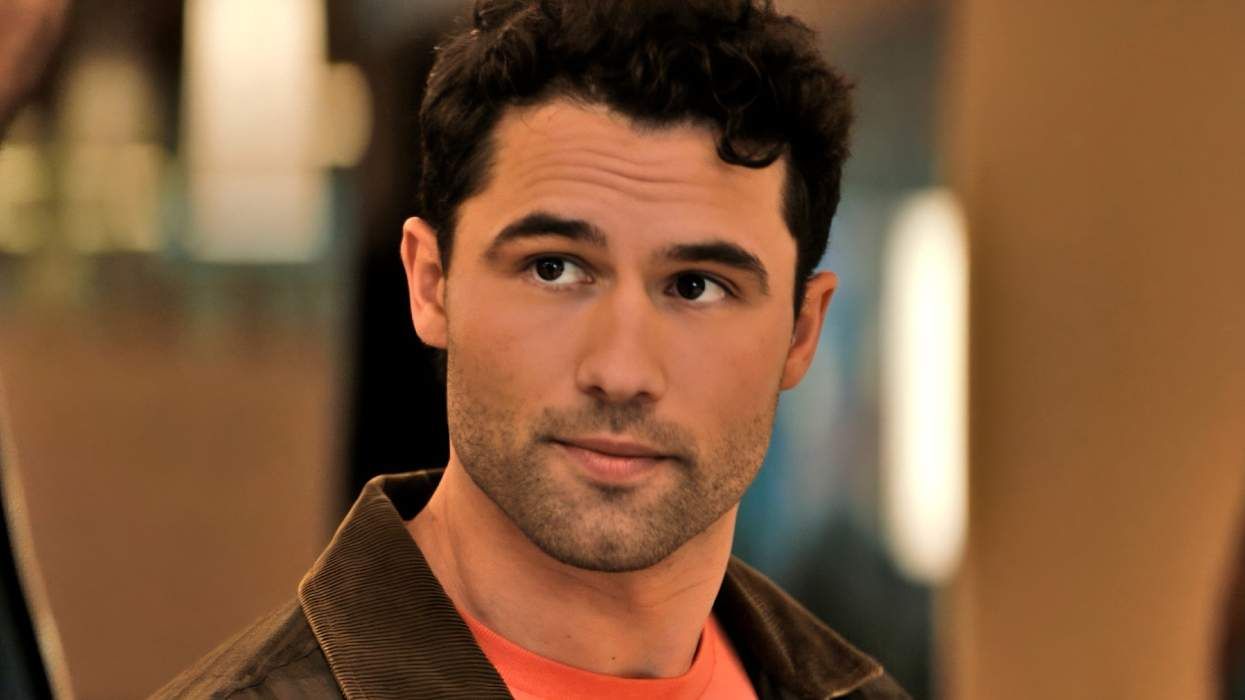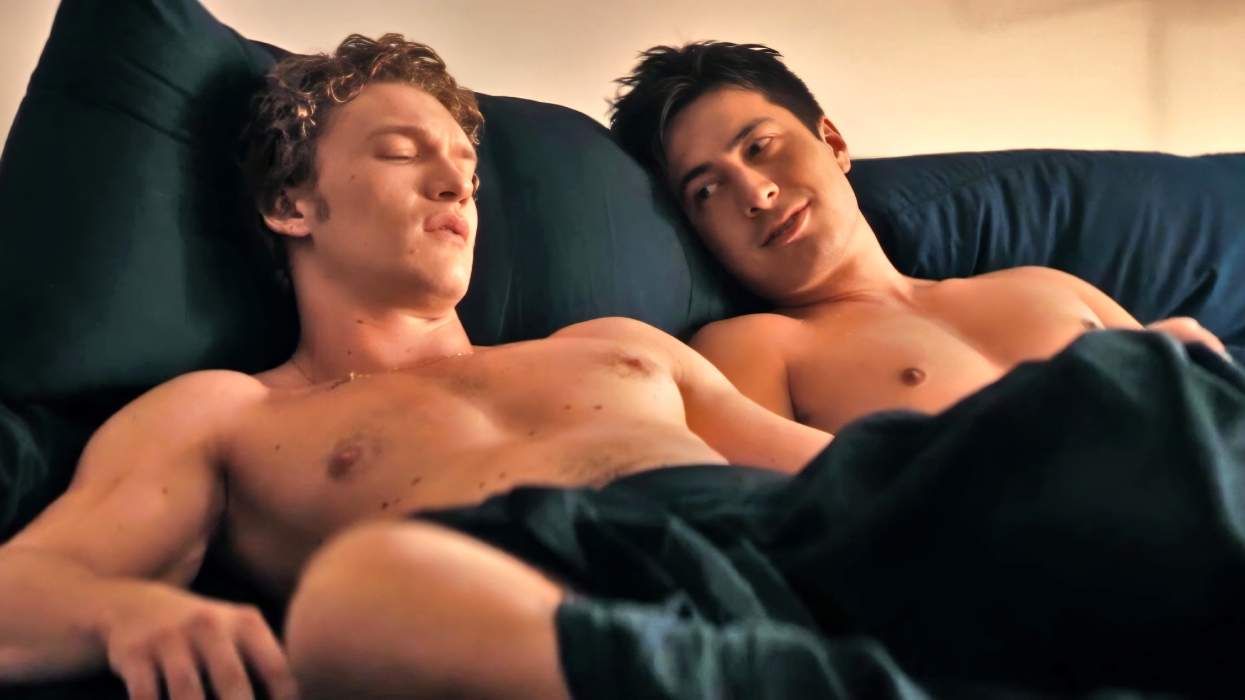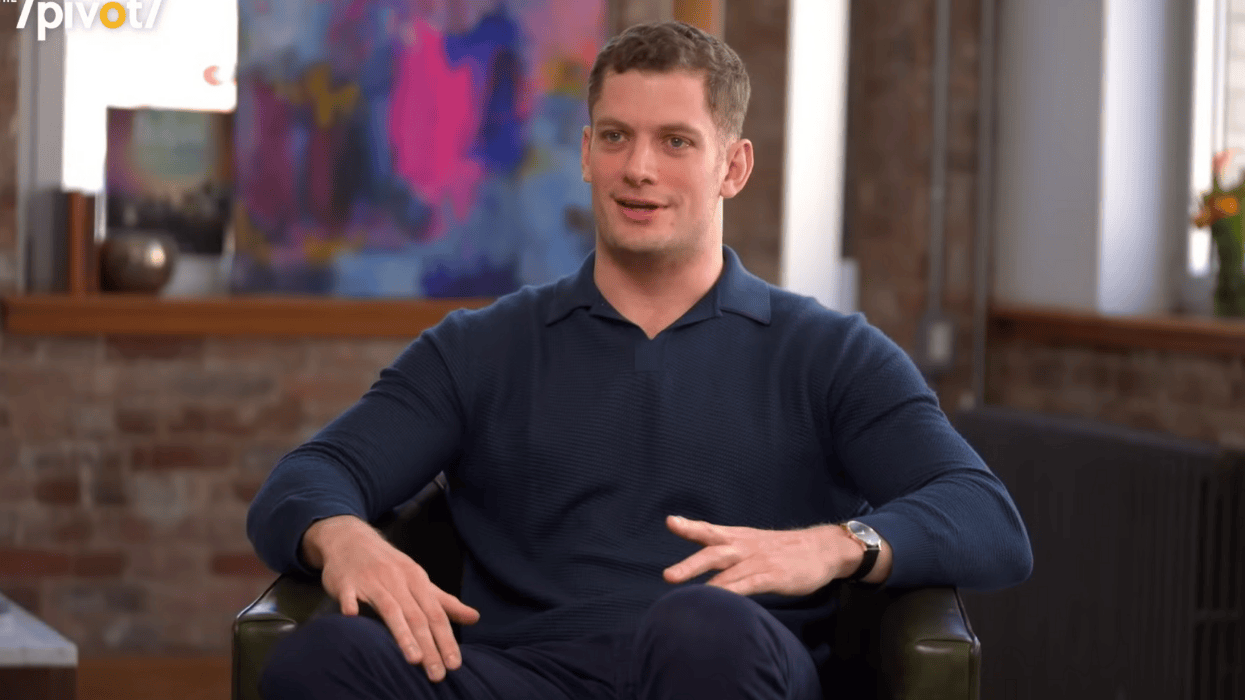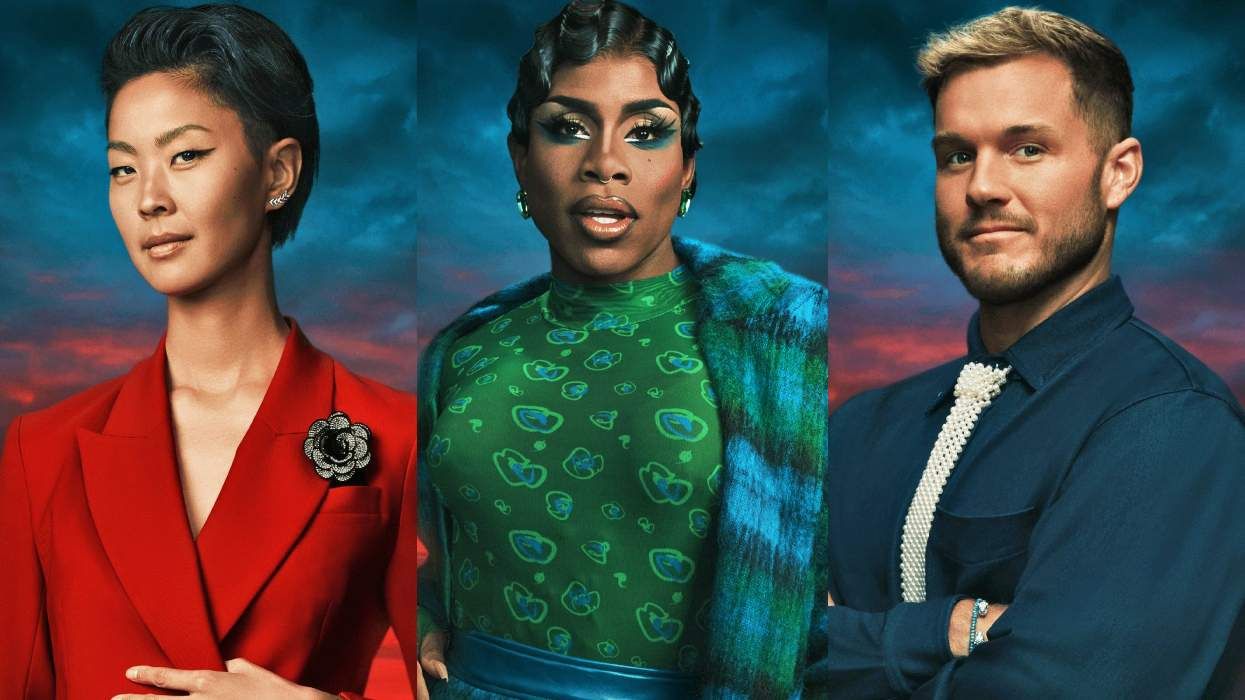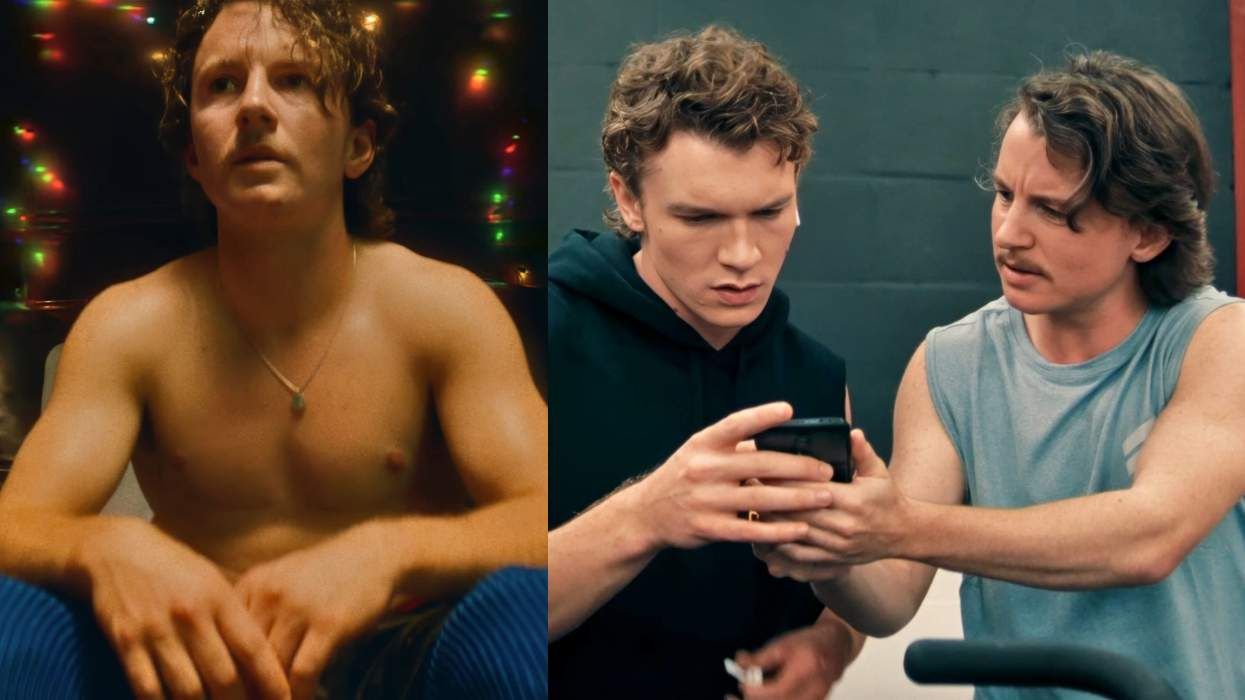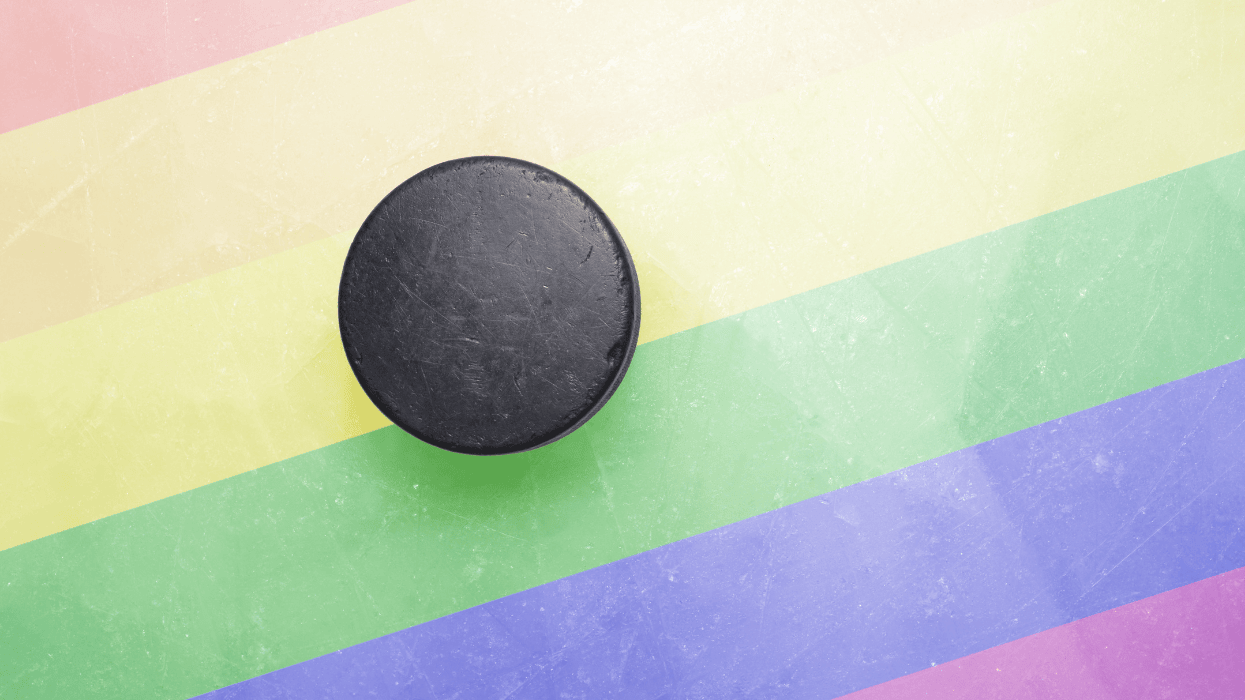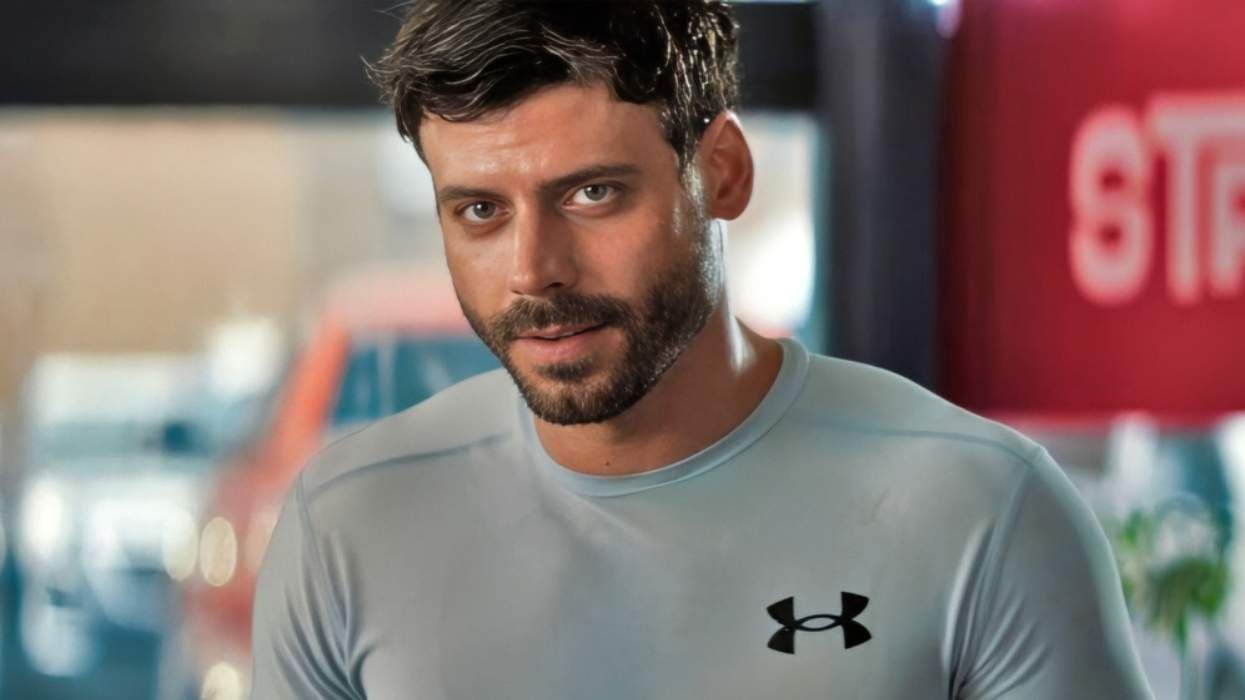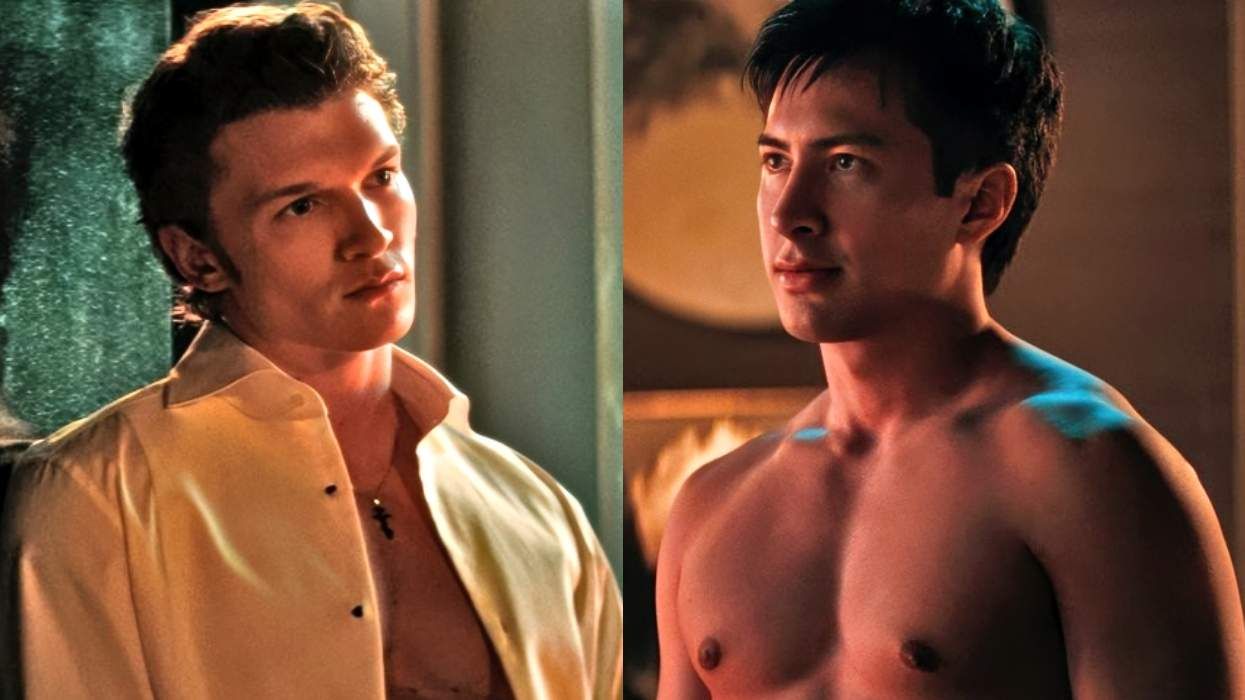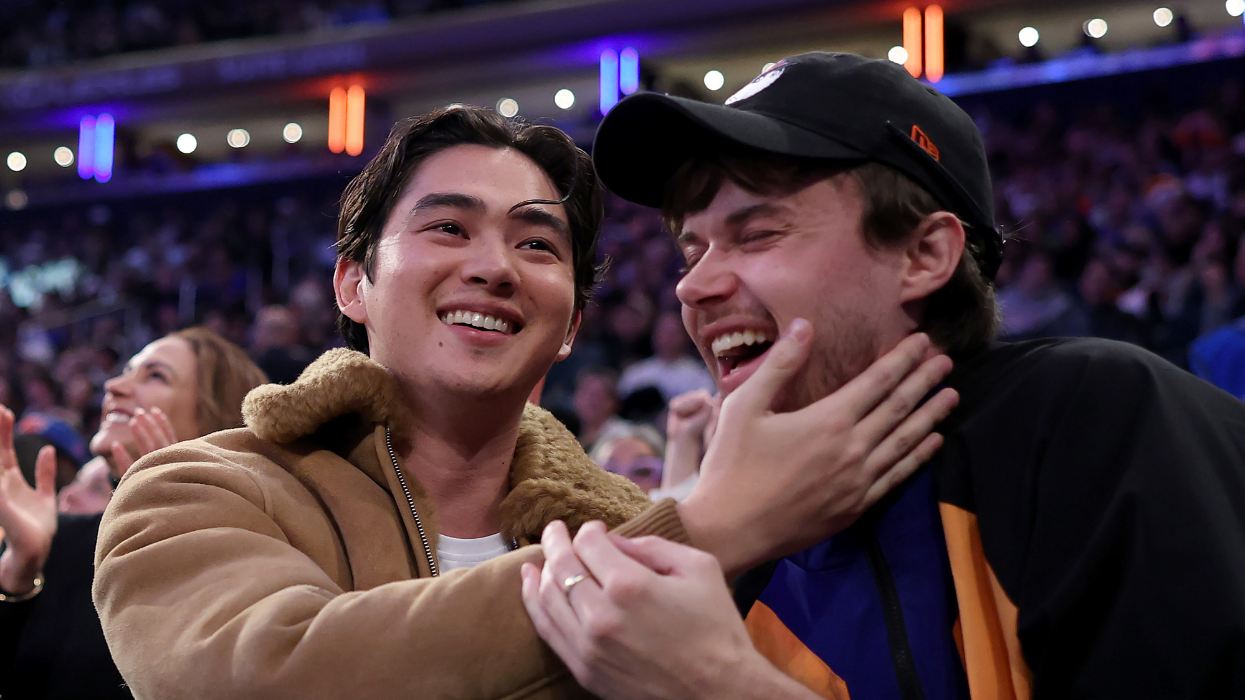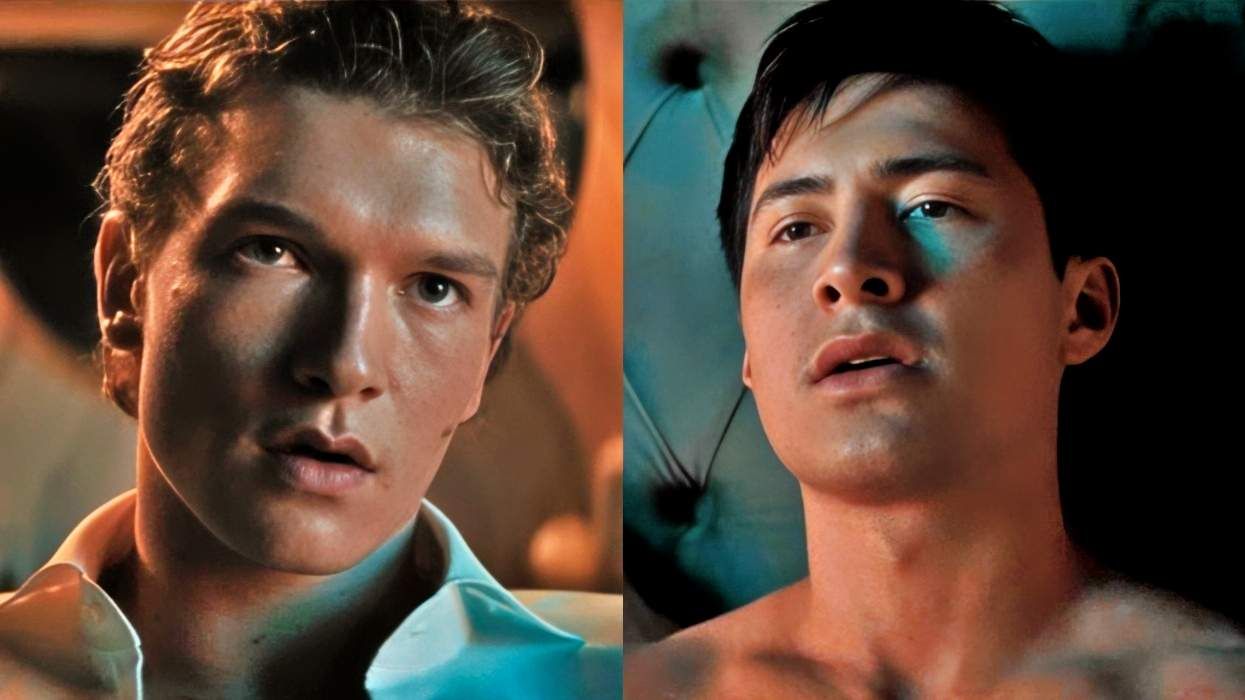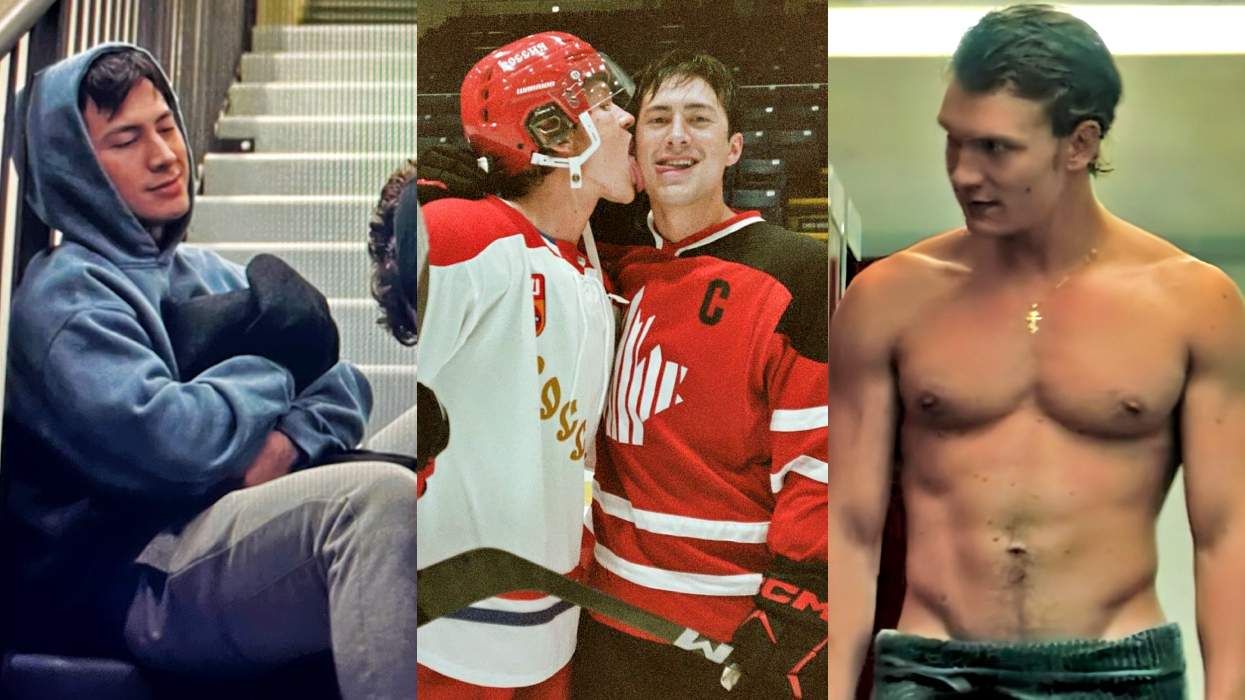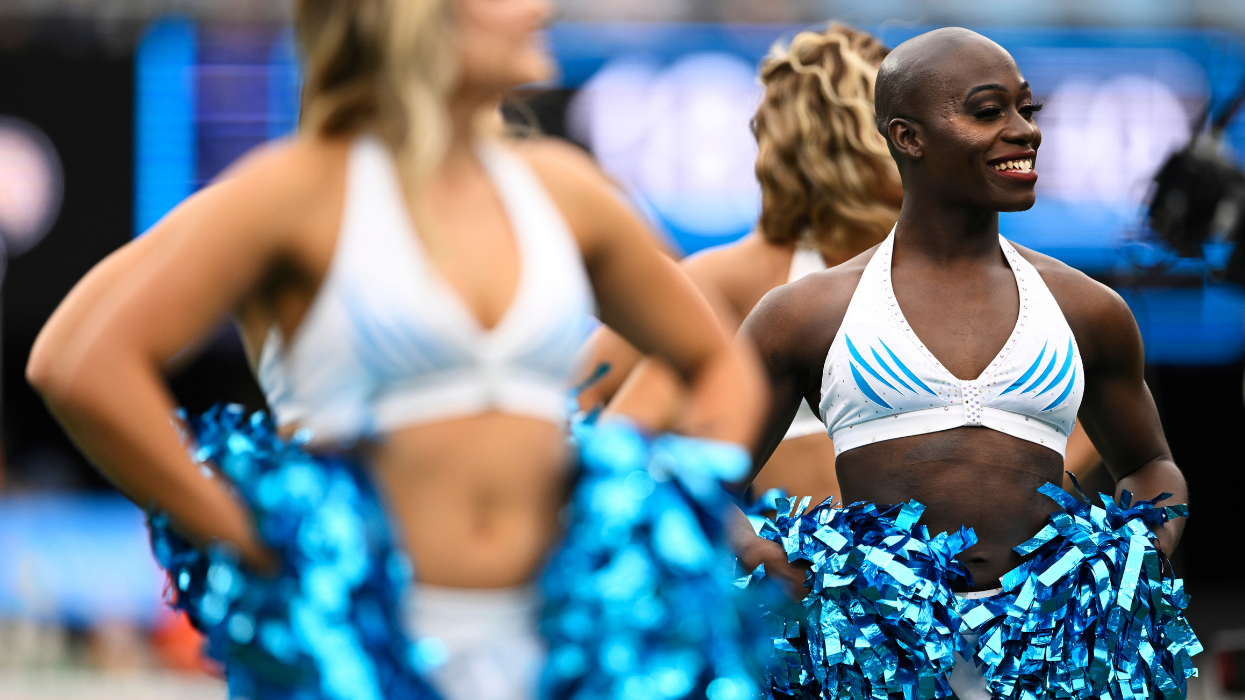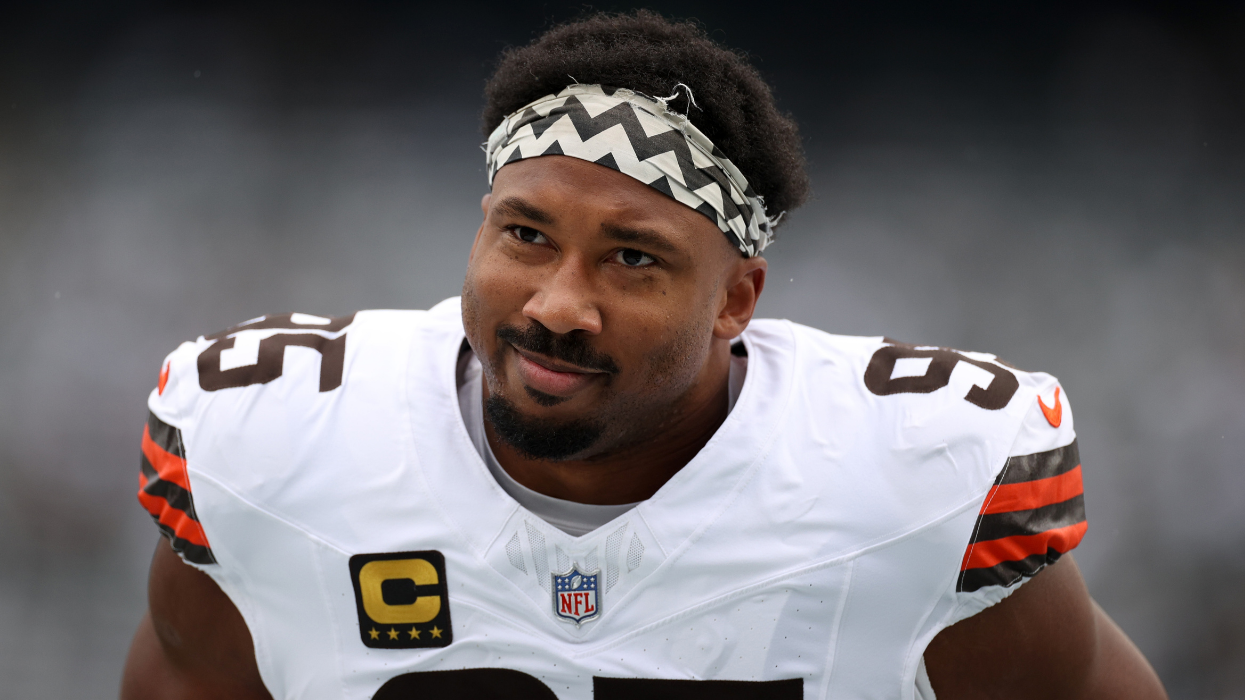Photography by Henrik Olund
Dale Hansen knows what it's like to be stereotyped. In the months following his heartfelt February broadcast defending Michael Sam, a segment that quickly went viral and landed him guest spots on everything from Ellen to CNN Tonight, the Dallas sportscaster received nearly 5,000 emails from 27 countries, many of them prefaced with apologies. Viewers expressed guilt about being shocked by seeing a straight, white, 65-year-old Texan make the most poignant (and pointed) case for the man who would become the NFL's first openly gay player. "We're not all crazy out here," Hansen quips. "My politics may differ from what most of Texas is, but I do think many people who see themselves as open-minded have their own reverse discrimination. It's not nearly as hurtful as people who are racist or homophobic, but assumptions were surely made: Since I'm older and from Texas, I must be this bigoted, hateful person."
RELATED: MICHAEL SAM & THE DRAW THAT CHANGED AMERICAN SPORTS FOREVER
If his eloquent compassion on air and in interviews is any indication, Hansen is anything but. In his headline-grabbing Sam commentary (shown on his local network, the ABC affiliate WFAA), Hansen downplayed the defensive end's coming out and highlighted the NFL's hypocrisy, which, as he tells it, involves the acceptance of drug use, drunk driving, and violence against women, but disgust over the SEC Defensive Player of the Year "loving another man." Speaking from his home in Waxahachie (about 25 miles south of Dallas), Hansen unveils a lengthy personal history of championing human rights, the tipping point of which was befriending African Americans while serving in the Navy during the Vietnam War. Hansen recalls being shunned by friends for keeping black company in bars, and watching his ex-wife throw out the dishware used by black dinner guests. He wasn't personally exposed to gays until he worked for ESPN in the early '80s, when a producer friend suffering from "cancer" ultimately admitted he was dying of AIDS. All of this helped bolster Hansen's sense of social responsibility, fueling the broader, liberal commentary that's become a vital part of his 42-year career.
"You can't survive just appealing to sports fans," Hansen says, "and I've always felt, in this position, that I need to say something more than 'The Rangers won tonight, 5 to 2.' People will invariably write to tell me to shut up and give golf scores like a sportscaster should, but there has to be more to my life than golf scores."
Since advocating for Sam, for whom he stood up again after the NFL draft, bemoaning the player's seventh-round selection and defending his on-screen kiss, Hansen has become an in-demand ally of the LGBT community. He's been fielding invites from all manner of outlets and activist groups, including the Log Cabin Republicans ("I thought those guys were like Bigfoot," he jokes) and organizers of Dallas's Black Tie Dinner, one of the nation's largest LGBT fundraisers, where he'll be feted as a "surprise guest" on November 15. The extent of Hansen's open-minded-ness is such that he can't fathom why every invitation has come with an implicit expectation of rejection. "All of them say, '...if you're OK with that,' or '...if you'd be willing to be associated with that,' " he says. "I feel sorry that people even have to think that way. I mean, hell, you buy me a beer and give me a barbecue sandwich and I'm in."
Hansen's celebrated take on Sam isn't the first time he's sparked a national discussion. In 2011, amid the Penn State child sex abuse scandal, Hansen revealed on live TV that he was raped at age 10, a secret he'd kept for 52 years. Hansen chose to make the disclosure after having drinks with his two best friends, "a redneck from hell" roofer named Bruce and a black, Harvard-educated, "left of left of left" judge named Eric. Hansen says he sat breathless when Bruce suggested that coach Jerry Sandusky's victims were "making it up," because "had they actually been molested, they would have told when they were younger." Knowing otherwise from painful experience, Hansen kept his cool, but wrote his commentary that night. Days later, after the broadcast (which incited about 1,100 emails), Bruce called Hansen to apologize.
Today, Bruce -- who admits that Hansen's Sam commentary is "hard to argue with" -- is one more person whose opinions the sportscaster continues to influence. Although Hansen doesn't expect anybody to change everything they believe, he's gratified to spark conversation and stimulated by drawing on the wisdom of others. In his landmark video about Sam, Hansen quoted legendary lesbian activist Audre Lorde: "It is not our differences that divide us; it is our inability to recognize, accept, and celebrate those differences." Hansen has always been fascinated by timeless quotes, and he says he wishes he could say something that would likewise endure. Odds are he already has.


